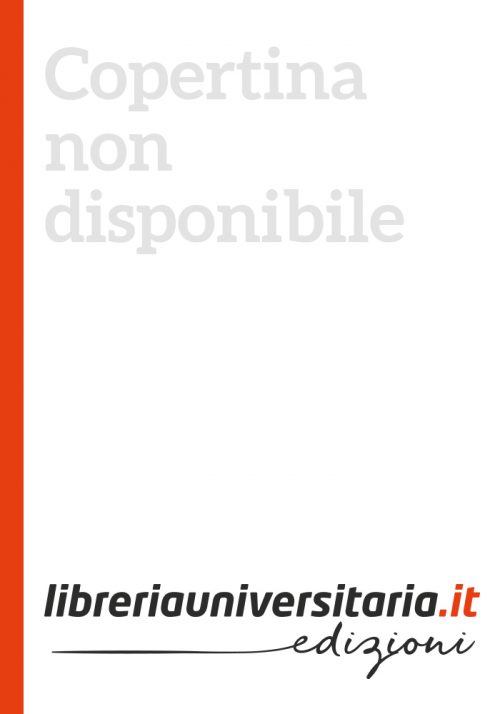Descrizione
“This book, written with the non-Italian reader in mind, addresses a central problem in textual criticism, and one that it is currently fashionable to regard as insoluble, namely, how to reconstruct a text of the past so that it is as close as possible to the lost original, starting from a number of copies more or less full of mistakes.
The idea of writing this book – which I left to age, as one does with wine and cured meats – first occurred to me in 2006-2007, when I had the privilege of being a visiting professor at the Hebrew University of Jerusalem. As the students felt the need to explain to me: ‘Nobody had ever talked to us about these things.’ For decades, very few, if any, Biblical, Germanic and Slavonic philologists, or French Romanists, or German editors of Anglo-American or Medieval Latin texts, have been talking about many of the things this book is about” (from the author’s preface).
“My first essay on editorial methodology concerned the number of branches in family trees, and my latest concerned editing with the aid of computer programmes. On these topics and many another, Paolo Trovato’s combative and richly instructive book leaves me far behind, and it is a privilege to have the opportunity of commending it” (from M.D. Reeve’s foreword).
Table of contents
Foreword, by Michael D. Reeve
Preface
Acknowledgements
How to use this book
General bibliography
Introduction
1. Philology or textual criticism
2. We are all philologists
3. Why do we need textual criticism?
4. Who’s afraid of philology?
Part 1. Theories
1. “Lachmann’s method”
2. Bédier’s schism
3. A more in-depth look at some essential concepts
4. Highs and lows of computer-assisted stemmatics
5. The criticism of linguistic features in multiple-witness traditions
6. The ineluctability of critical judgment (choice out of variants, conjecture)
Part 2. Practical applications
7. A simple tradition. The Tractatus de locis et statu sancte terre jerosolimitane
8. A tradition of average difficulty. Jean Renart’s Lai de l’ombre
9. A very complicated tradition. Dante’s Commedia
Conclusion
General index
List of passages discussed
The Author
Paolo Trovato is a scholarly editor and book historian in the field of medieval and Renaissance Italian literature. Professor of the history of the Italian language at the University of Ferrara since 1994, he was a Fellow at the Harvard Center for Italian Renaissance Studies (VIT) and at the Newberry Library, Chicago, as well as visiting professor in Aix-en-Provence and at the Hebrew University of Jerusalem.
Among his books: Dante in Petrarca. Per un inventario dei dantismi nei “Rerum vulgarium fragmenta” (Olschki 1979); Con ogni diligenza corretto. La stampa e le revisoni editoriali dei testi letterari italiani, 1470-1570 (il Mulino 1991; repr. UnifePress 2009); Storia della lingua italiana. Il primo Cinquecento (il Mulino, 1994; repr. libreriauniversitaria.it 2012); Il testo della Vita Nuova e altra filologia dantesca (Salerno ed. 2000) and the editions of Machiavell’s Discorso intorno alla nostra lingua (Antenore 1982) and Aretino’s Cortigiana (Salerno ed. 2009).
Since 2002 he has been leading a small team on a critical edition of Dante’s Commedia.


